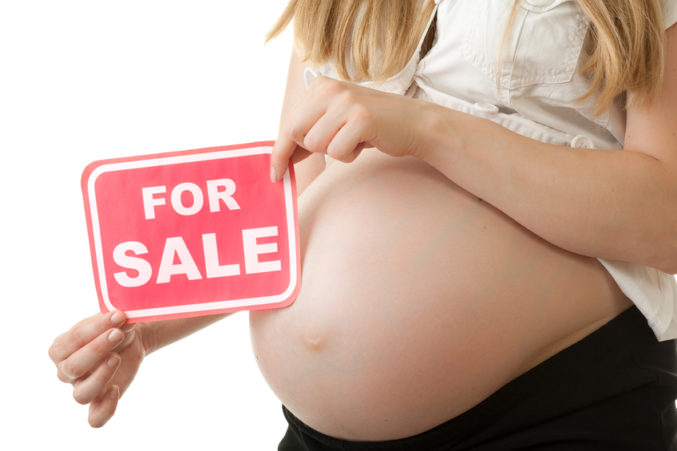The European Court of Human Rights has today issued a very important ruling which puts something of a brake on the worst kind of surrogacy. The case involved an Italian couple who used a surrogate mother in Russia to have a child to whom neither of them were biologically related. The Court has ruled that the Italian authorities were within their rights to remove the child from the couple.
An earlier ruling by the Court said that the Italian authorities had violated Article 8 of the European Convention on Human Rights, which deals with private and family life. The Grand Chamber of the court has now overturned that earlier ruling.
The Italian authorities removed the child from the parents in order to protect other children. They did not want to see what amounted to a market in children being created. What the couple in question did was, in effect, to order and buy a child that was not theirs. The Italian State wanted the child to be adopted by another couple instead.
The adoption process was begun (it is now finalised) but the couple who obtained the child in Russia went eventually before the European Court of Human Rights in order to win the right to become the child’s legal parents.
The decision by the European Court of Human Rights is quite narrow in scope. The fact that neither one of the couple has a biological relationship with the child was decisive. It was on this ground that the court decided they are not a family under the Convention.
The decision has nothing to say about cases where one of the couple might be biologically related to the child, nor does it require signatories to the Convention to follow the Italian path, but it is a step in the right direction because if the original ruling had stood, it would have put big pressure on signatories to the Convention, including Ireland, to authorise what amounts to baby-buying.
Of course, it remains the case that surrogacy per se remains deeply problematic because it always divides the mother of a child into two people (the birth or surrogate mother, and the biological mother who provided the egg). Furthermore, because the women who effectively rent out their wombs (even so-called ‘non-commercial surrogacy’ involves big payments), are nearly always poorer than those who use their wombs, the practice is almost inherently exploitative.
















